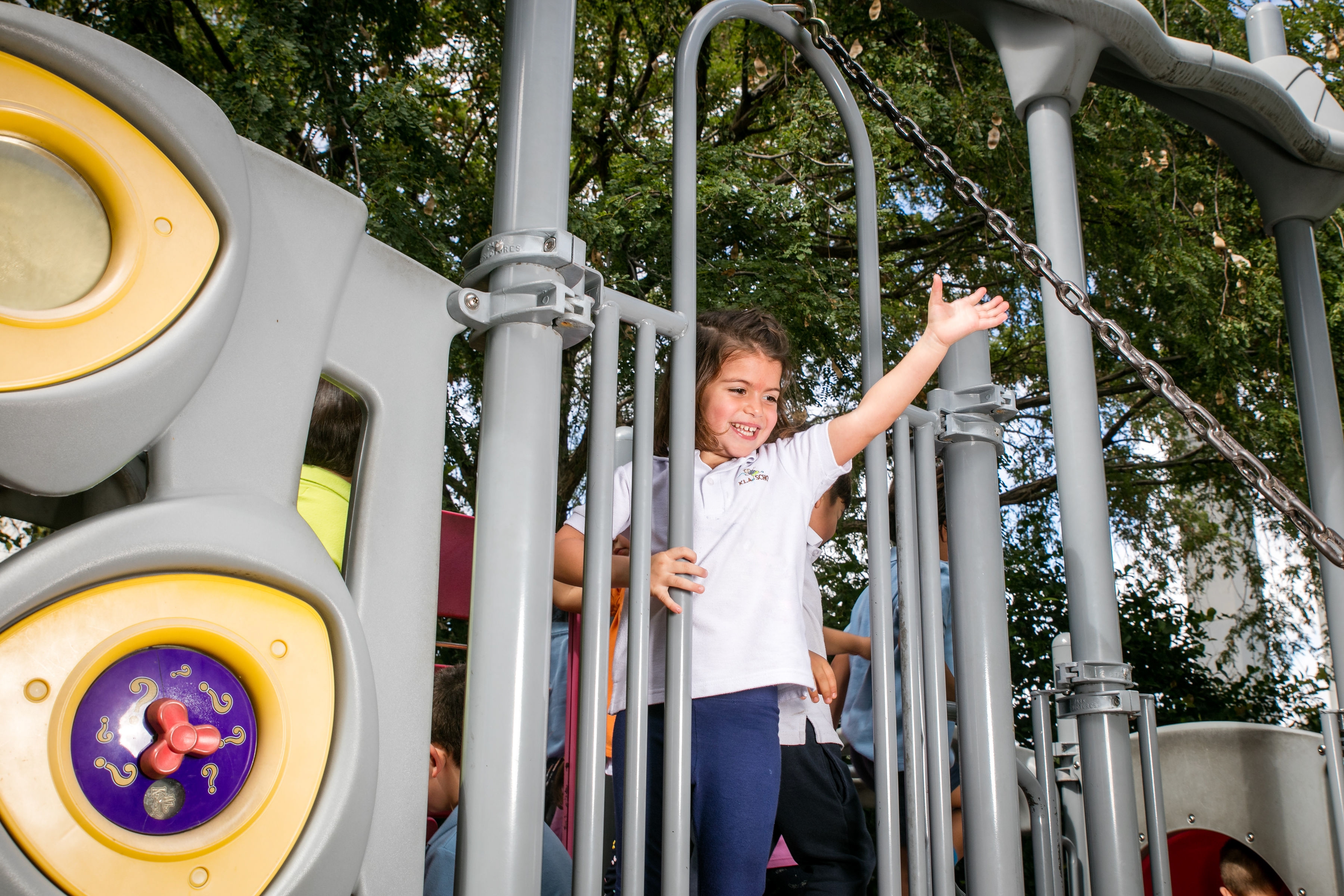The Benefits of Reading at an Early Age
Topics: Books & Reading
Age Range: Preschool
Children are regularly exposed to books and stories in a preschool or daycare in Hillsboro, Oregon. Children of these ages are very interested in words and loves hearing stories read aloud. You know that reading to your child is a fun experience that you can share together, but there are also many educational benefits of reading at an early age.
Early reading develops literacy
Even if your preschooler or kindergartener doesn't understand the narrative of a story the same way an older child does, reading to a child at an early age builds the foundation of literacy. Preschool-age children are beginning to show an interest in written communication. Pre-kindergarteners are able to recognize many letters and are starting to connect them with spoken sounds. At this age, children have a unique ability to notice and decode patterns such as these. The unique way toddlers utilize phonics rules helps them to interact with letters and words and learn rapidly. This will give them a head start when they reach the age that children traditionally learn how to read.
According to the Melbourne Institute of Applied Economic and Social Research, observation and teacher assessments of older children "show positive effects of reading to children at age 4 to 5 on their reading skills at later age."
Early reading promotes creativity
Readers of any age are very familiar with that feeling of getting lost in a good story, or of experiencing a fictional world that seems almost as vivid and intricate as our own. Toddlers and preschoolers can also be exposed to this sort of creativity through reading. Even though books and stories designed for these age groups are simple, they introduce important concepts to children, such as problem-solving and empathy. These stories allow them to children their imaginations. Concepts such as problem-solving, empathy, and imagination are fundamental to creativity. Early exposure to these tools can help your child practice developing strategies for dealing with problems and social situations later in life.
Early reading can encourage a love of learning
Reading to young children is a multisensory experience. When being read to, children can touch the books and often play with components within the books themselves. This creates a positive association with reading and words, meaning that your child will want to develop their literacy again and again.
According to Psychology Today, "Reading and being read to enables 2- and 3-year-olds to use complicated sentences, manage memory of distant events, build general knowledge, access new information, and develop powers of reflection." These skills are crucial building blocks in the learning process. Introducing your child to these skills early on through reading will shape their experience with learning later in life. Creating a positive association with reading can mean greater success with later learning - both in school and in everyday life.
Reading to your toddler or pre-kindergartener is a fun bonding activity that also has numerous psychological benefits. It can offer educational advantages, encourage creativity skills, and develop literacy - tools that will serve them well in later life. Read to your child as often as you can at home, and look for a preschool or daycare that also exposes your child to words and stories as often as possible.

